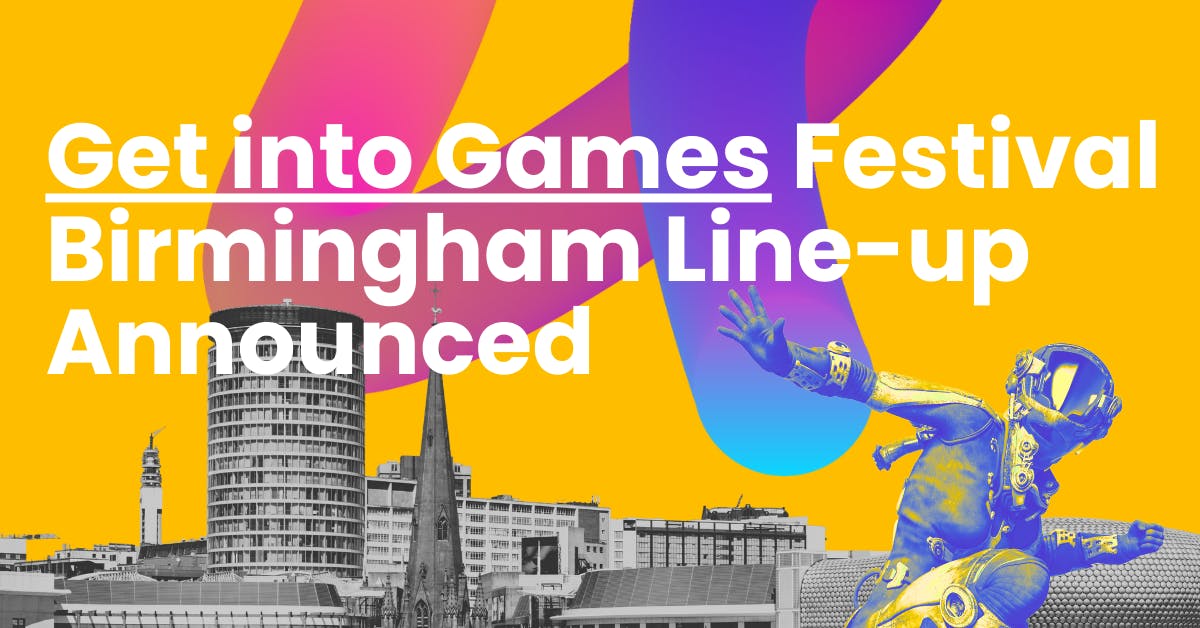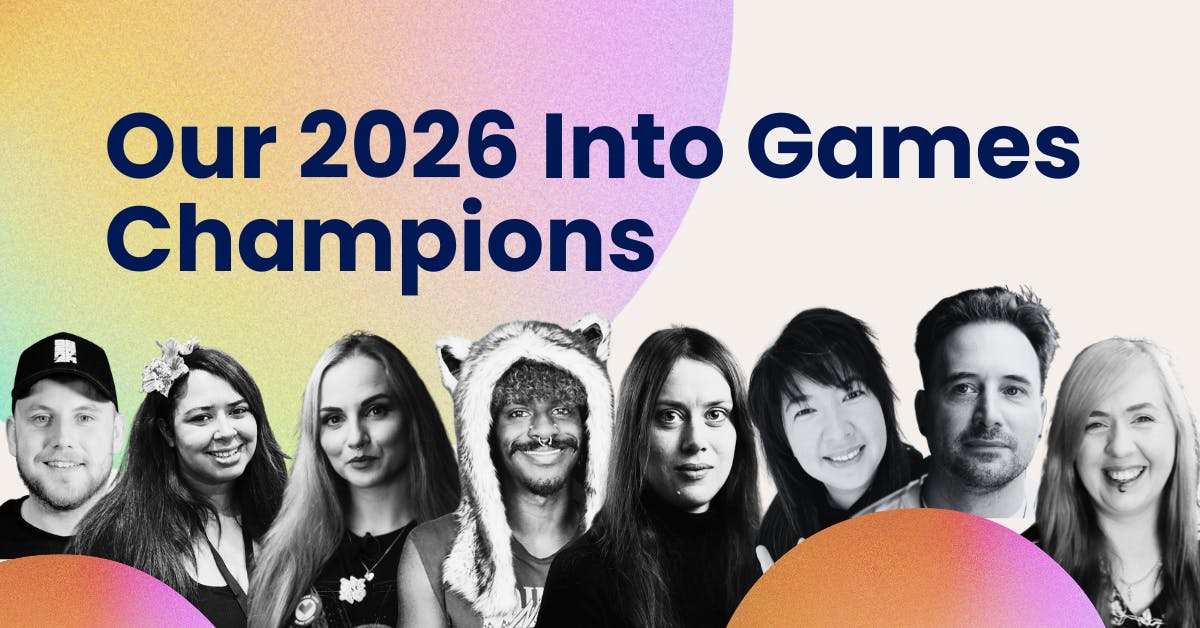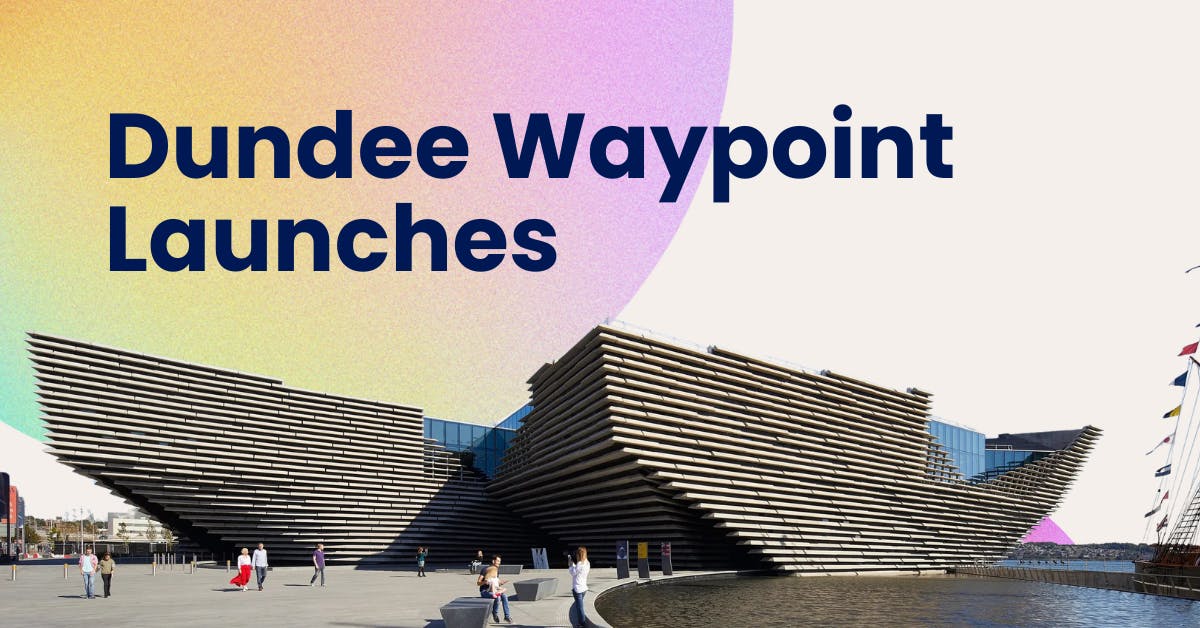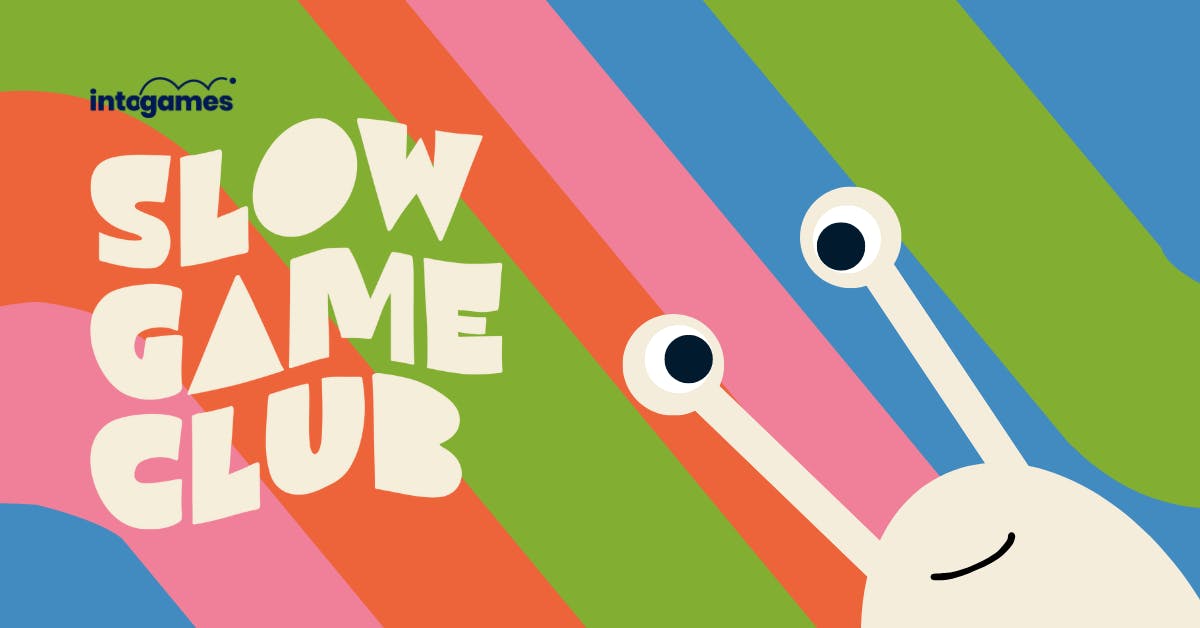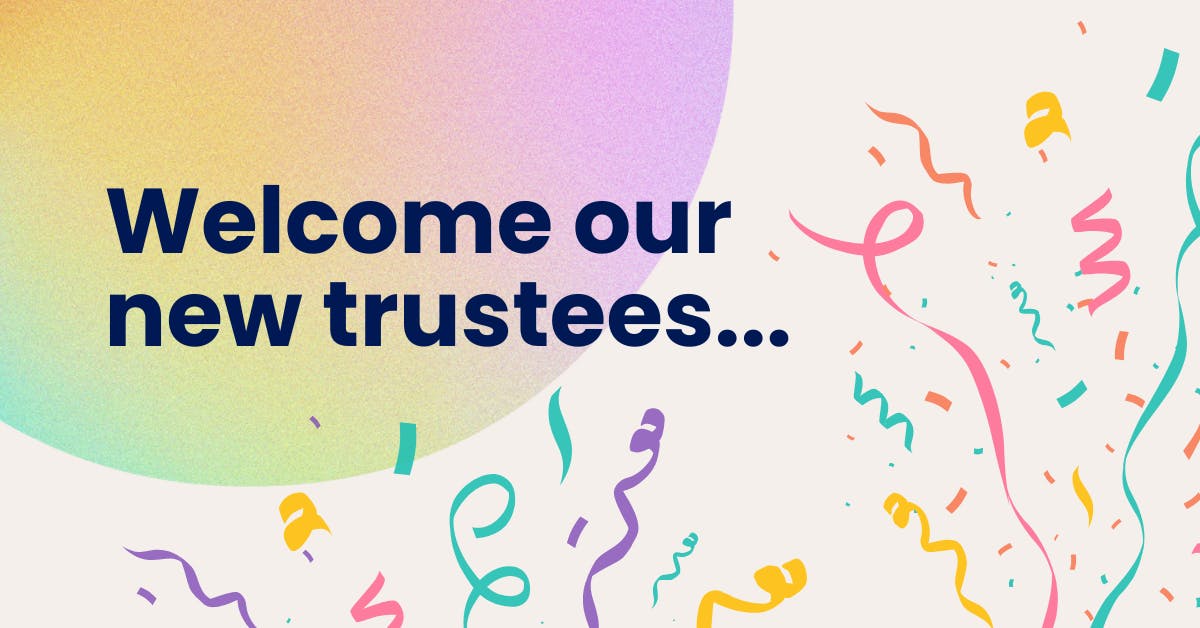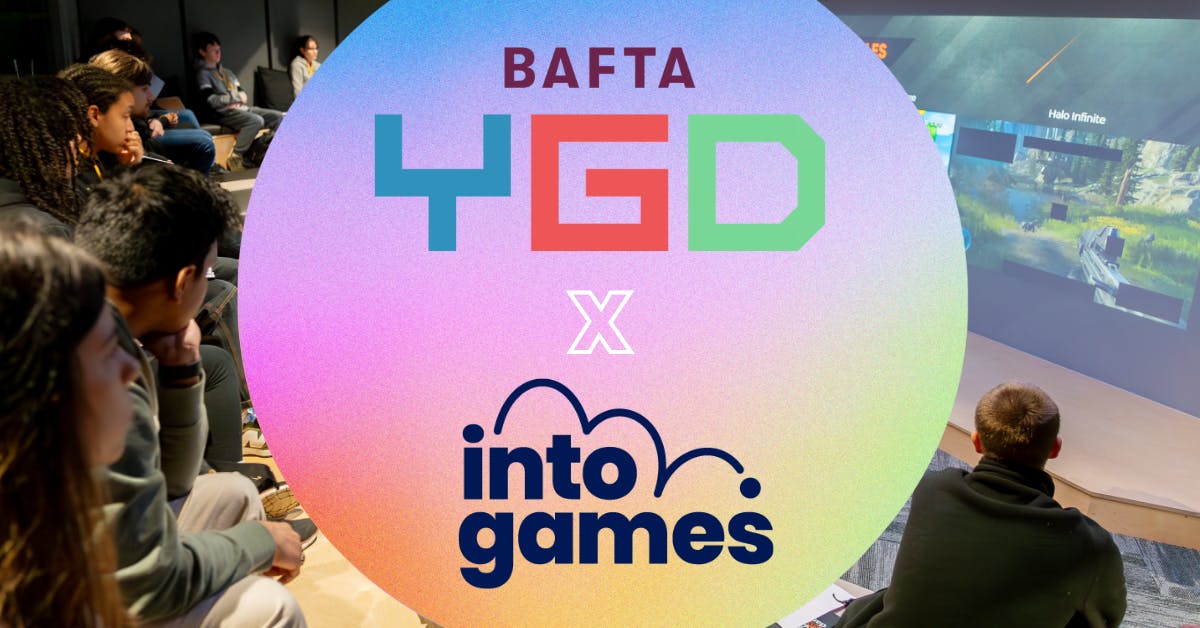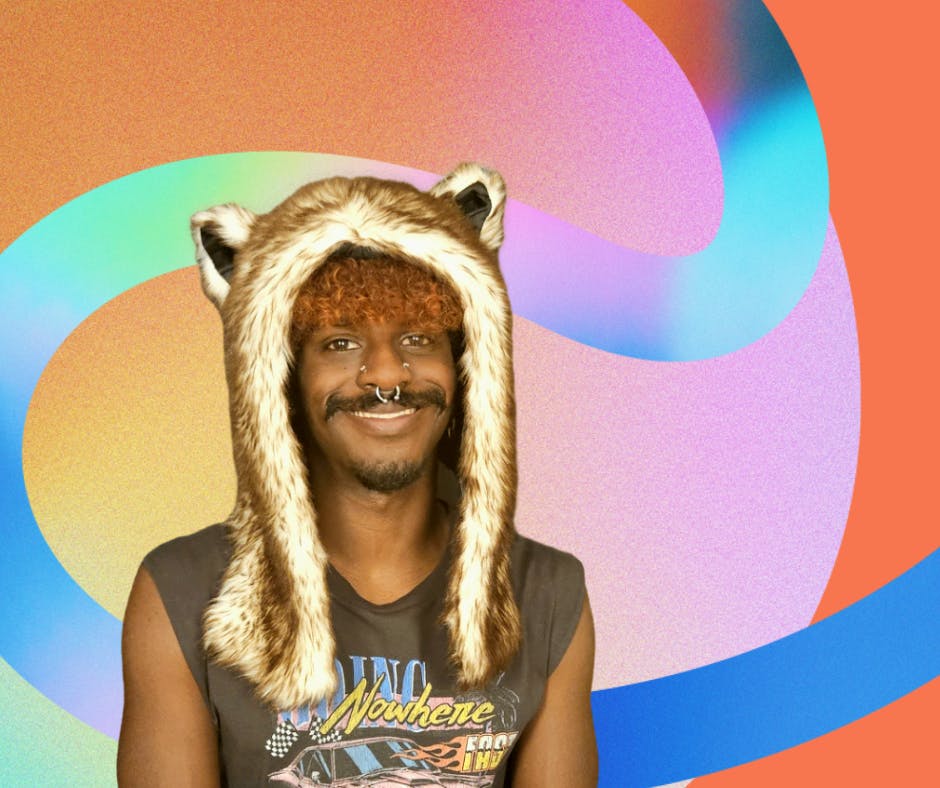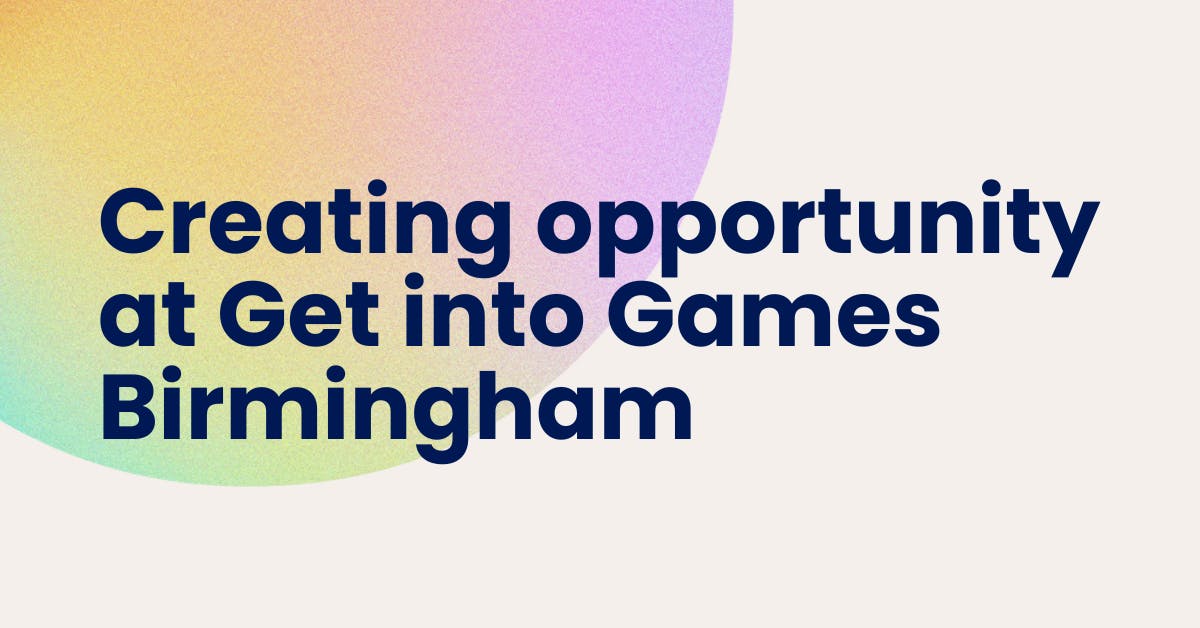
13 May 2020
What does an Environment Artist in games do and how do I become one?
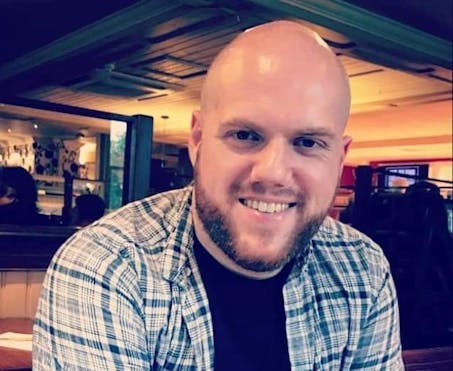
Ben Matthews worked on a variety of small indie projects, most notably Trailblazers, and Boundless before getting a role as a Junior Environment Artist at nDreams to work on the VR title, Phantom: Covert Ops. We asked Ben, some key questions about getting into the games sector.
Explain your role like I'm 5
I create levels for video games and make sure they look pretty. I also fix any problems with the levels and ensure everything runs smoothly.
Take us through your average day at work
My average day consists of making and fixing models, I also place assets in the game engine, and fix a variety of issues and bugs.
What was your educational and career journey into your current role?
I went to university, I started off doing photography in a foundation diploma, but decided very quickly I’d like to work on video games. The following academic year I enrolled in a degree that taught me the basics of 3D modelling, level design, art, etc.
After graduating I found a job as a freelancer working on an indie game for a couple of months, I then used the contacts I gained from that contract to find more work. I kept working like this for 8 months, bouncing from one indie studio to another, working on small start-up projects and games. Unfortunately, work dried up and I found it difficult to find more freelance work after those 8 months. I was out looking for work for almost a year and a half, I had a few minor contracts from home during this time, but it was difficult for a while.
However, I stayed positive and used this time to develop my own skills, and my portfolio, this eventually led to me getting a job here at nDreams!
What is the most rewarding thing about your role
Being able to make video games for a living is very rewarding, it's great to see something you made being enjoyed by the players. That to me is the most rewarding part of this job.
What other roles do you work with the most
Design; designers play a key part in level design and how I go about set dressing the environment.
What's the most challenging thing about your role?
Working on video games is very technical, that to me is the biggest challenge, the software we use is very complex and sometimes it can be hard to keep on top of everything.
What software or digital tools do you use the most?
- I use Maya to model and fix 3D assets.
- I use Substance Painter to paint those models.
- I then present those models in the game engine, the engine we use here at nDreams is Unreal Engine 4 (UE4).
- Those are the 3 main bits of software I use in my day to day role.
What are the key skills needed for you to work on to do your role?
3D modelling, texturing, good artistic eye, art fundamentals (composition, colour theory, etc), teamwork, communication, a good work ethic and a general interest in video games.
What advice would you give to your younger self looking to get started in the industry?
Learn as much as you can by completing personal projects, then get feedback on those projects from artists more experienced than you. You can find online communities/ pages full of artists willing to give feedback, you just have to look in the right places. Polycount is a good place to start.
I’d also strongly suggest you set yourself up a profile on Artstation, you don’t need your own portfolio website to get a job. Just a well-kept portfolio on Artstation and a CV is all you need to start applying for roles.
Networking at events and getting to know other developers will help you land your first job, it’s something I didn’t see many other students doing during my time at uni. EGX Rezzed in London is one example of a good event where you can meet other developers. Take your portfolio with you and get feedback from any developers who’ll give you some time. Most of the jobs I’ve had has been a result of contacts, make sure you set yourself up on LinkedIn and Twitter, so if you bump into someone at an event you can quickly add them to your network.
But most importantly, don’t give up! You’ll never get your first job if you give up when things get tough, the games industry is extremely competitive for Juniors (it took me two years after graduating before I found actual employment), you’ll have many setbacks. But if you give up, your dream of working on games will never come true. So keep improving, work on being a good artist, be patient, stay positive and keep applying/ attending events. There is no substitute for hard work!
Do you have any links to good articles or videos that you think might give some tips or advice to someone starting in your role?
- https://80.lv/ is a great website full of game-related stuff, lots of tutorials for you to follow and articles to read.
- I’d also highly recommend this video by Alex Alvarez , its very eye-opening and gives you a better idea of what it takes to break into the industry
Stay up to date
It's time to level up your inbox
Pick which newsletters you're interested in receiving, and customise further by specifying a discipline.
Join our mailing listTell me more
